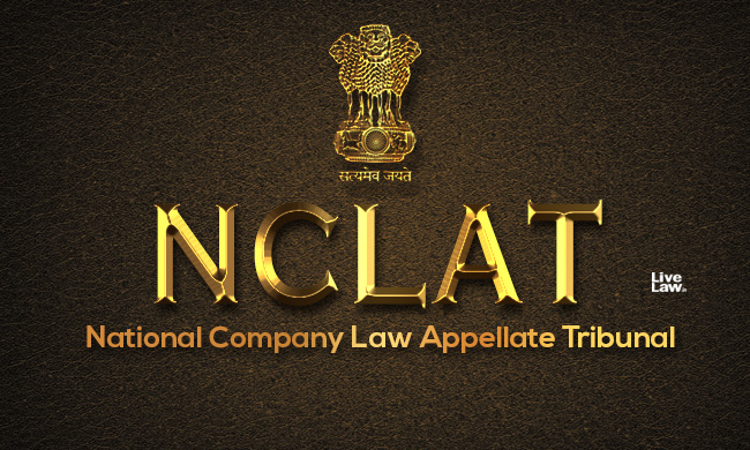The NCLAT New Delhi bench of Justice Ashok Bhushan (Judicial Member), Barun Mitra (Technical Member) and Arun Baroka (Technical Member) has held that raising money by issuance of convertible debentures with an option to be later converted into equity shares can be classified as a financial debt if a default is committed by the corporate debtor. Brief Facts Financial assistance...

